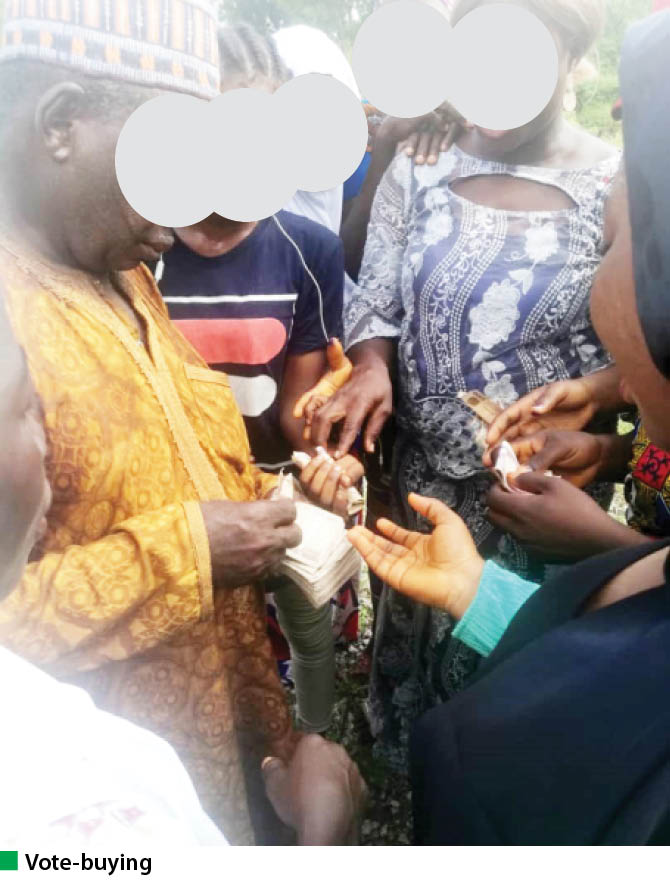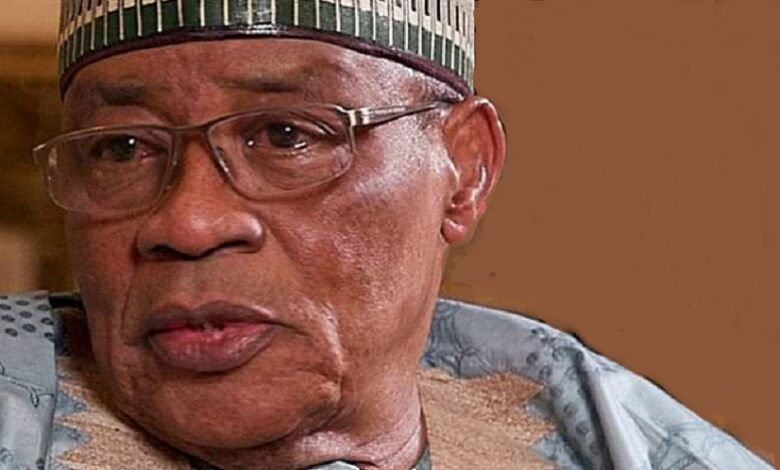Therefore, the strategic policy of France in West Africa is containment—preventing Nigeria from extending its reach and influence within the Francophone countries. This policy of containment involves undermining initiatives to deepen economic integration in ECOWAS, which would bolster Nigeria’s power within the region; supporting attempts to fragment or breakup Nigeria, as it did in the civil war of the 1960s; and preventing Nigeria from playing a lead role in settling conflicts in Francophone African countries.
France outmanoeuvred Nigeria in the Côte d’Ivoire crisis of 2010-11, when it sent troops to topple the recalcitrant regime of Laurent Gbagbo; as well as in the Sahel, especially in Mali, when it launched Operation Serval in 2012 to bolster the Malian regime and prevent Islamist forces from overrunning the capital.
France was emboldened by the success of Operation Serval and decided to expand its military activities in the region by launching Operation Berkhané in 2014 as a counter-terrorism force for the Sahel and pressured five French-speaking Sahel states—Niger, Burkina Faso, Mali, Chad and Mauritania—to form the G5 and partner with France to combat terrorism in the region. The EU also became involved in the project under its Common Security and Defence Policy and established a Regional Coordination and Advisory Cell in Mauritania.
SPONSOR AD
The US backed these moves by building a drone base in the south of Niger. Nigeria, the assumed regional hegemon, was excluded from the G5 and the overall French and EU-led strategy of combating terrorism in the region—an outcome which Taggar, Nigeria’s foreign minister, bemoaned in his 2024 Premium Times23 article. The European countries were now free to cut anti-immigration deals with some of the G5 states that, as Tagger starkly observed in his article, violated the ECOWAS protocol on free movement of people in the region. Nigeria has done nothing to check it.
The question may be asked why France decided to support Nigeria to invade Niger in 2023 if it had always tried to keep Nigeria out of the security affairs of the Francophone states? France supported Nigeria’s threats of militarily intervention in Niger because France had lost its influence in the Nigérien armed forces and public at large, and the specific aim of the Nigeria-led ECOWAS intervention force was to restore to power a pliant French ally, Mohammed Bazoum. France might have calculated that the ECOWAS force would withdraw after Bazoum’s restoration, and Niger would return to the status quo ante or business as usual, with France once again calling the shots.
So what we see, when we take a cold hard look at Nigeria’s relations with France in West Africa, is a clash of two strategies: Nigerian expansionism, through ECOWAS, to wean Francophone West Africa from France, versus French containment of Nigeria in the subregion. From a hard- nosed realist perspective, if I were sitting at the Élysée Palace in Paris, I would be very happy with the decision of Mali, Niger and Burkina Faso to exit ECOWAS as the strategic goal of France has always been to stall, weaken or dismantle ECOWAS, which it believes primarily promotes Nigeria’s power in France’s assumed sphere of influence.
As a French strategist, I will also be happy that the AES countries are in a conflictual relationship with Nigeria, France’s greatest competitor in the region. The last thing that France wants is for those countries to pivot towards Nigeria at a time when French influence in the region is in crisis.
I would like to throw in another strategic insight: the diplomatic love affair between Tinubu and Macron may have been orchestrated by Macron to drive a wedge between Nigeria and the AES countries at a time when France’s influence in the region has been degraded. The lavish treatment Tinubu was accorded by Macron during his official visit to Paris in November 2024, in which a French band even played P-Square’s popular afrobeats song ‘Taste the Money’ (which has the outrageously materialistic line ‘Je m’appelle chop money’), underscores the point that Macron went to great lengths to flatter Tinubu.
Many Nigerians wondered how a song with such crass lyrics could have been played for a visiting Nigerian president if France saw Nigeria as a serious country and partner. France fears Nigeria more than Russia, which has jumped in to provide military support to the AES countries, because Russia lacks the regional network and soft power to dominate those countries over the long run. There’s still a good amount of French power in those countries, which could be activated when Russia’s relations with them sour. Economic and cultural ties take time to adjust to new power dynamics despite the rhetoric by the military leaders of the AES countries of a complete break with France. France is, thus, playing the long game, which requires tying Nigeria’s hands and preventing it from embracing its natural neighbours and advancing its strategic interests in the region.
Dysfunctional and transactional domestic politics
What comes out of this discussion is a logic of inevitability of conflict or rivalry between France and Nigeria as each tries to be the hegemon in the West African subregion. This conflict can only be checked or disappear if Nigeria becomes so distracted and weakened that it stops seeing itself, or acting as, a subregional power; or France comes to the realisation that it’s no longer a global power and should align its foreign policy ambitions with its actual status as a highly degraded former imperial power and starts behaving like Spain, Portugal, Italy and Turkey, which were powerful imperial powers in centuries past, but no longer aspire to be world powers.
Nigeria’s domestic economic troubles, political inertia, and current behaviour at the global level suggests that Nigeria is more likely to cave than France. As we discussed in the first part of this article, some scholars and pundits affirm the need for pragmatism in Nigeria’s foreign policy. I would like to suggest that the glorification of pragmatism may be a reflection of loss of focus or drift in the way Nigeria’s role is perceived by its policymakers and projected in the world.
To be continued
Bangura wrote from Nyon, Switzerland [email protected]




 1 week ago
28
1 week ago
28







 English (US) ·
English (US) ·